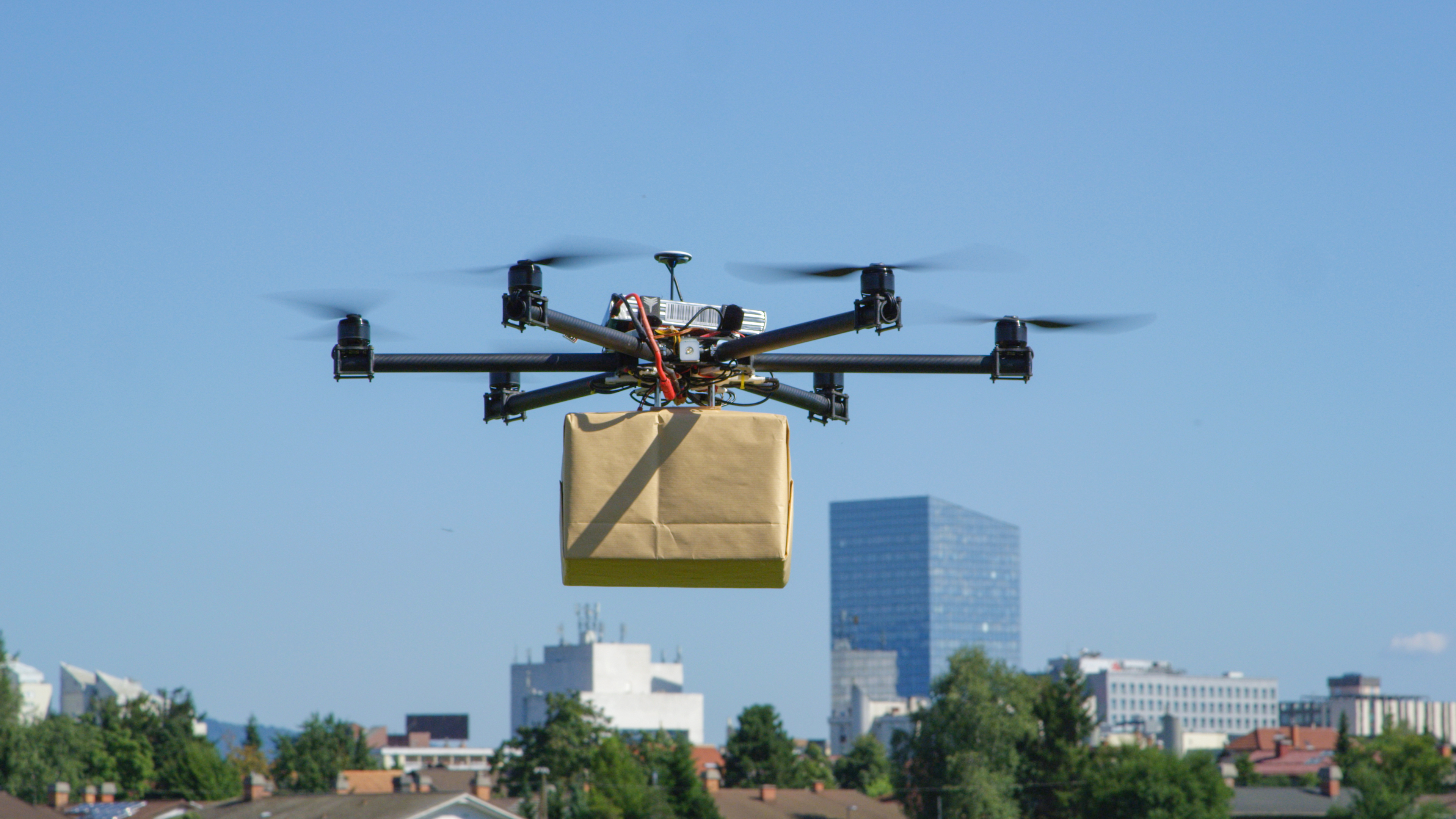Many of the divisions that we’re talking about really can be mapped on old gender divisions. Nursing is basically a female occupation that has historically been female. If we contrast this with highly paid city jobs, corporate lawyers, software engineers, and artificial intelligence and roboticist people in big tech companies, this work is highly paid and male-dominated.
Technology and the future of work
Anthony Giddens Professor of Sociology
- We need a discussion about what work is essential for the well-being of society and the appropriate pay levels. Many of the divisions can be mapped on old gender divisions.
- Many communication skills, emotional skills, caring skills and social skills in professions are invisible and aren’t remunerated. If we had a fuller notion of work, we’d be able to rethink how to pay for things.
- Over the last 30 years, feminist economists have made us rethink how we think about the economy, how we think about what work is. Society wouldn’t operate at all without an immense amount of unpaid work – largely done by women.
- Every few decades, we have a very similar discussion about automation and the end of work. What we find in each of these iterations is that technological change doesn’t simply replace jobs.
Automation, recognition and re-evaluation
There’s great discussion at the moment about automation and how technology is going to take over a lot of jobs. One of the things that’s left out of this is the extent to which there are many jobs that are highly skilled but are not paid or seen as skilled, and the assumption that somehow you can automate far more jobs than you can.
I’ve been very interested, during the COVID era, in the renewed discussion of key workers and of greater recognition that society relies on low-paid workers, whether they’re bus drivers or nurses or hospital cleaners. There are all sorts of work that are classified by economists as being unskilled, and relatively poorly paid. Actually, these jobs require a phenomenal amount of skill. I’m hoping that one of the positive results of this period is recognition and a revaluing of these skills.
The pandemic is propelling the parity debate
Currently, there’s a discussion about how much nurses should be paid, for example. What’s interesting, is that this discussion contrasts nurses with engineers or bankers, but there are many other kinds of work that are far too highly paid – like the bonuses that company directors get. I think we need to have a discussion about what work is essential for the well-being of society and what are the appropriate pay levels.

Female nurse with a mask putting on gloves. By Rawpixel.com.
We all depend on unpaid work
I’ve followed feminist economists over the last 30 years, as they’ve tried to redefine and make us rethink what work is. How do we think about the economy? How do we think about production? How do we think about GDP? It’s been part of recognising, again, in second wave feminism, that society wouldn’t operate at all without an immense amount of unpaid work – largely done by women, whether it’s looking after children or the elderly or doing housework – and that lots of work has traditionally been unrecognised as part of the economy.
Thinking about work in a fuller way
What we’ve seen in recent decades has been a shift in terms of specialisation within the medical profession and the entry of nurses and other subspecialties who have been using their expertise in technology to raise their status and pay. On the other hand, if you think about the nature of work, whether it’s teaching or nursing, there are various elements of that work that sociologists have described, in trying to think about work in a fuller way.
Sociologists talk about different kinds of labour – emotional, aesthetic, caring – that economists don’t easily see when they do measures of skill. I’ve got a real bugbear about this: that economists are endlessly conducting studies where they say, well, this job’s got these skills and a computer can do this, and we’ll just be able to automate this job.

Industry 4.0 Robot concept. Engineers use laptop computers for machine maintenance, automation tools, robot arm at the factory. By PaO_STUDIO.
What they don’t see, because you only see this if you do deep ethnographies and observations of workers at work and in context, is that there are communication skills, emotional skills, caring skills, social skills and other work going on in professions that are somehow invisible and therefore aren’t remunerated. If we had a fuller notion of work, we’d be able to rethink how to pay for things.
Technology doesn’t replace jobs
Every few decades, we have a very similar discussion about automation and the end of work. What we find in each of these iterations is that technological change doesn’t simply replace jobs. It’s too simple to have a model where you think a job will be automated and that will be the end of the job. What any sociologist will tell you is that a technological change changes the nature of work.
Think about emails. We don’t write the same number of emails as we used to write letters. It’s a completely new form of communication and produces a completely new type of work. It means that knowledge workers work in very different ways and that we really need to study these technologies in situ, in context. We must always see that when you introduce technological change into the workplace that it has all kinds of changes, often unpredictable ones, that produce new work that didn’t pre-exist the introduction of that technology.
It’s not good or bad. It doesn’t simply lead to efficiency or inefficiency. It depends on how it’s introduced, how well it’s designed, the extent to which people who are using the technology take it up, and the extent to which people using the technology use it for what it was designed for. Texting was not supposed to be one of the main uses of mobile phones. There are heaps of unpredictable consequences of these technologies. I’m very against this notion that somehow automation has a direct and simple effect on the number of jobs.
The effects of technology on workers in developing countries
Some of my colleagues at the Oxford Internet Institute have been doing studies on workers in China, in the Philippines and in India who are doing computer programming – content moderation for Facebook, for example. Though it’s very low paid compared to the same work done in the US, actually, they’ve got access to better-paid work which wasn’t available without the technology. It’s a terribly mixed bag in terms of the global access of the technology being, on the one hand, a positive thing, and what those subcontracting relationships mean in terms of the working conditions and the lack of protection of workers in those contexts.
The theory of replacement
I really resist the notion of the fourth industrial revolution – that we’re going down a progressive, teleological path where technology is more and more efficient and will create a sort of leisure class. I think we’ve seen through these myths. One of them is that the technology is often hyped way beyond its capacity. We’re told it will be able to do wonderful things and has wonderful abilities, whereas, actually, it falls short all the time. The promise is not fulfilled. It’s also about the choices that are being made and who’s choosing to apply a technology in a particular kind of context. The future that I would very much like is to see technology being used to augment human labour, for people and machines to work together rather than thinking of people and machines as somehow in opposition.

Drone delivery delivering big brown post package into urban city. By Flystock.
Making machines work for us
How can we use machines? Let’s go back to the example of care work. What aspects of care work would we like machines to be able to do? For example, heavy lifting, telemedicine, help with medication. There are lots of things that we imagine artificial intelligence and robotics could do that would be an incredible help. One would hope that it wouldn’t be a way of reducing the number of care workers, but rather enabling care workers to spend more of their time doing the things we think of as real care, the labour that we value, such as being able to spend time with people. It’s that kind of context in which I like to think about technology as an enabler rather than as a simple replacement.
Discover more about
the future of work and technology
Wajcman, J. (2015). Pressed for Time: the Acceleration of Life in Digital Capitalism. The University of Chicago Press.
Wajcman, J., & Rose, E. (July 2011). Constant connectivity: rethinking interruptions at work. Organization Studies, 32(7), 941–961.
Gray, M. and Suri, S. (2019). Ghost Work: How to Stop Silicon Valley from Building a New Global Underclass. Mariner Books.